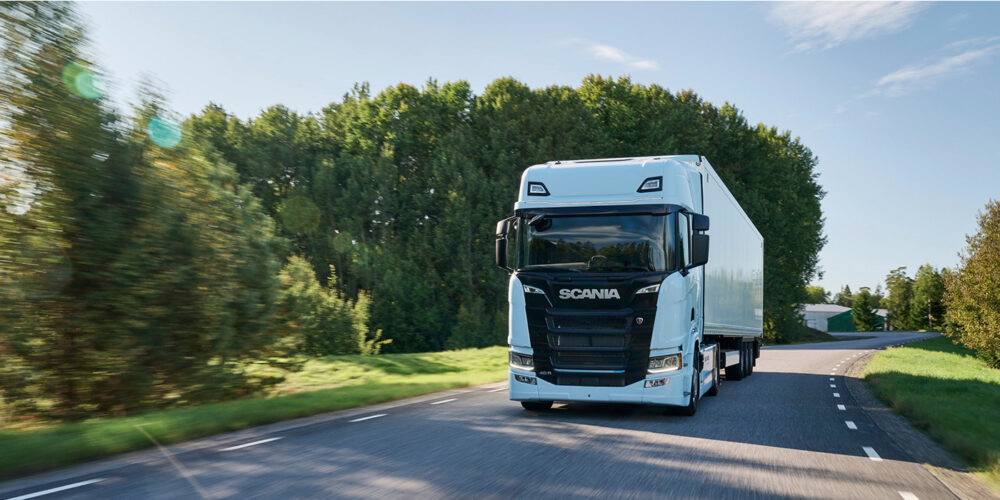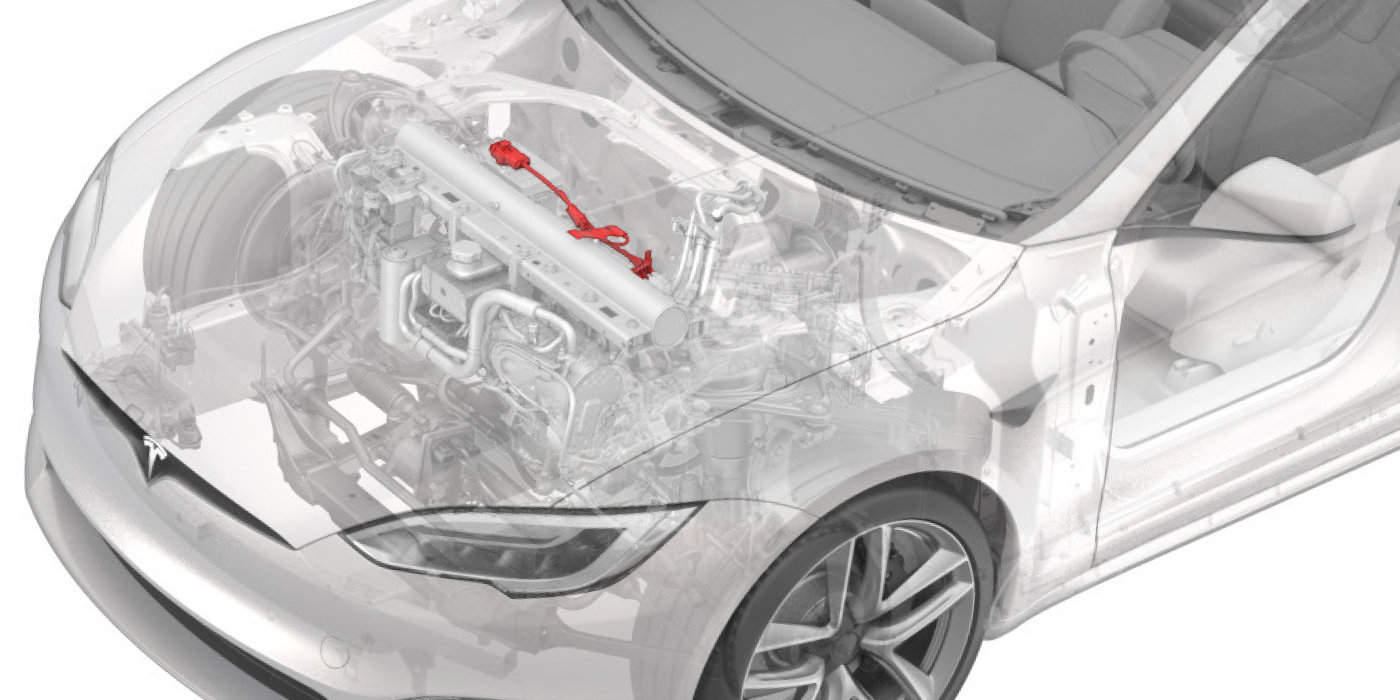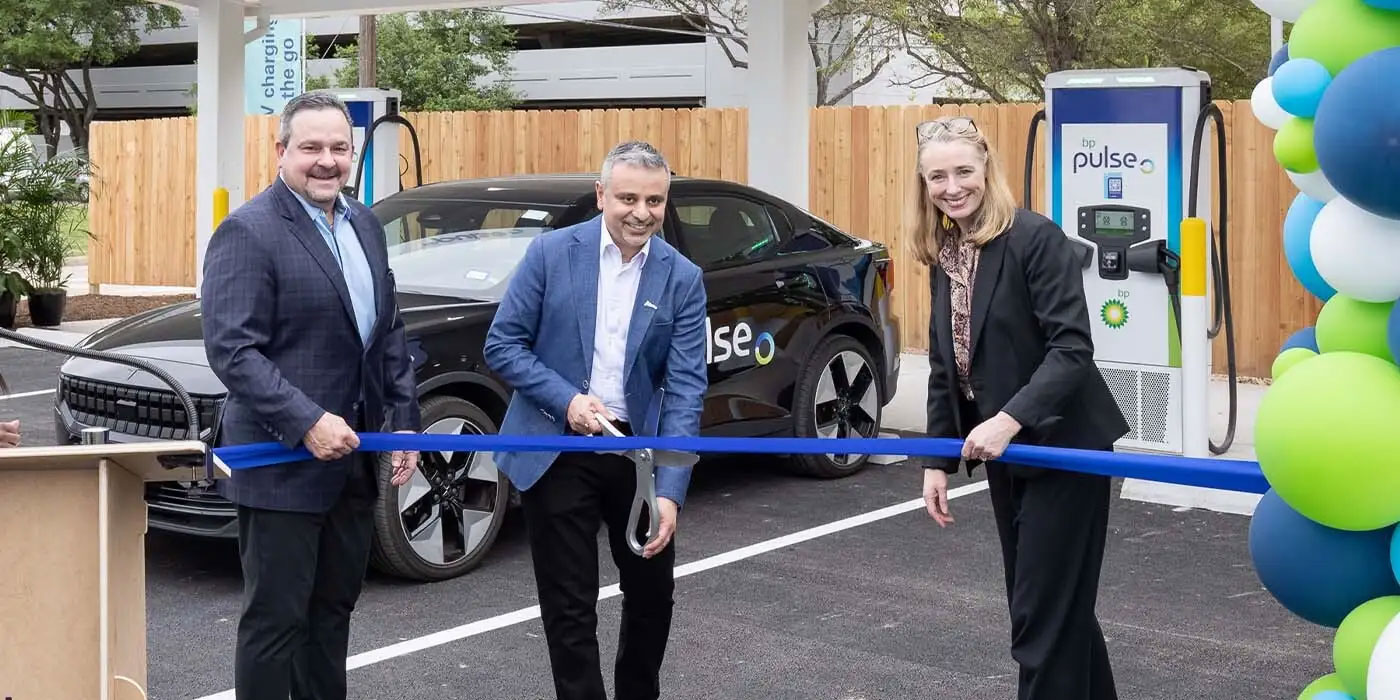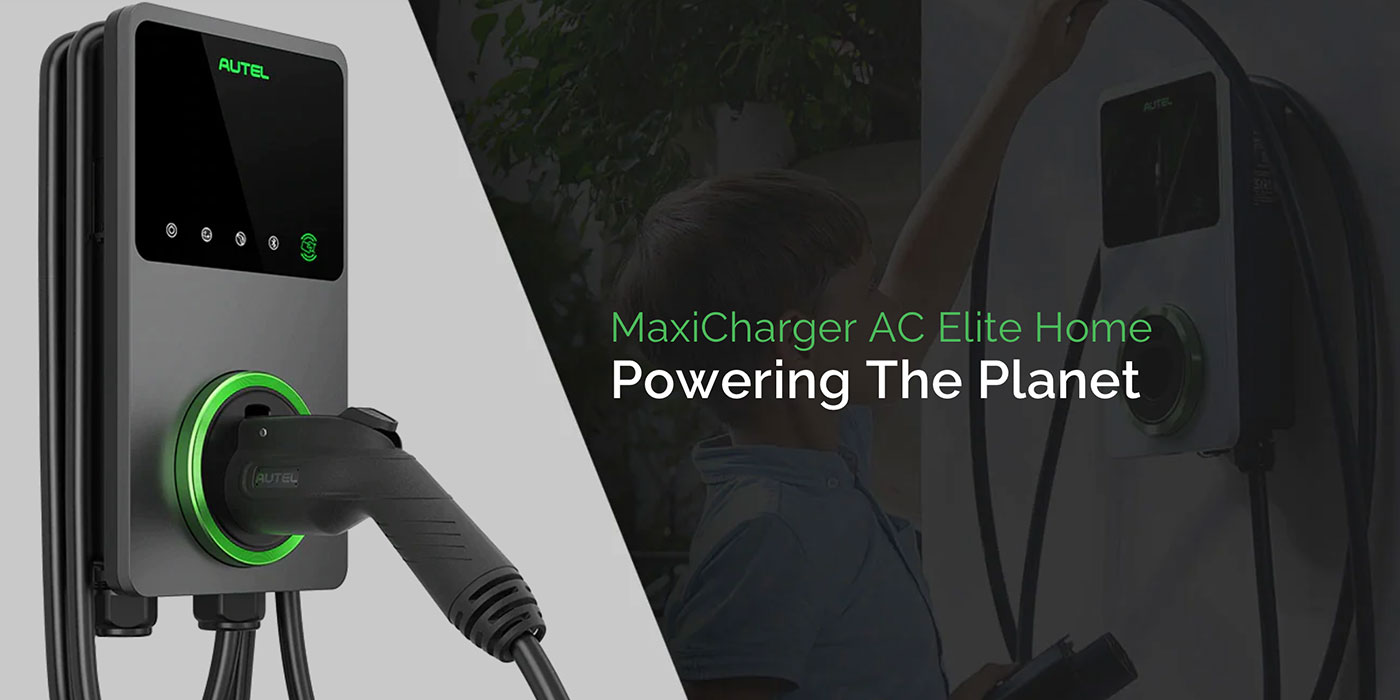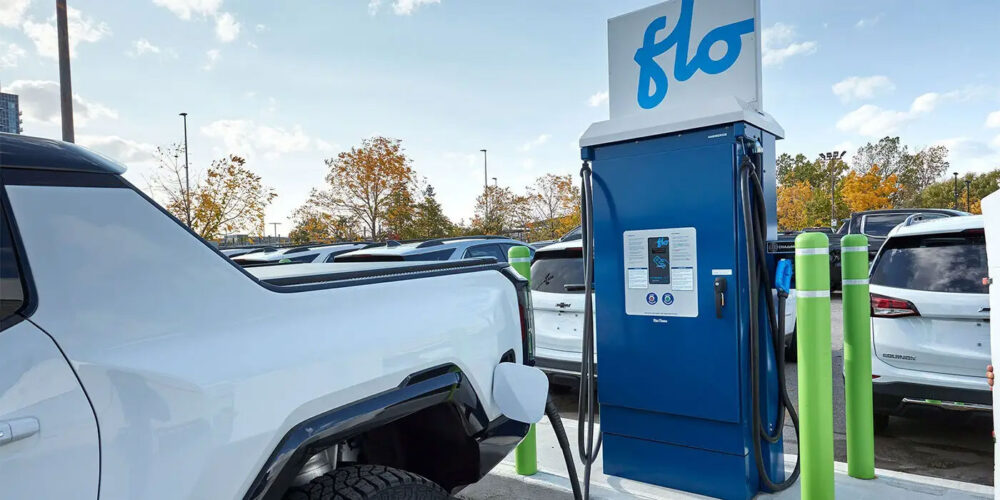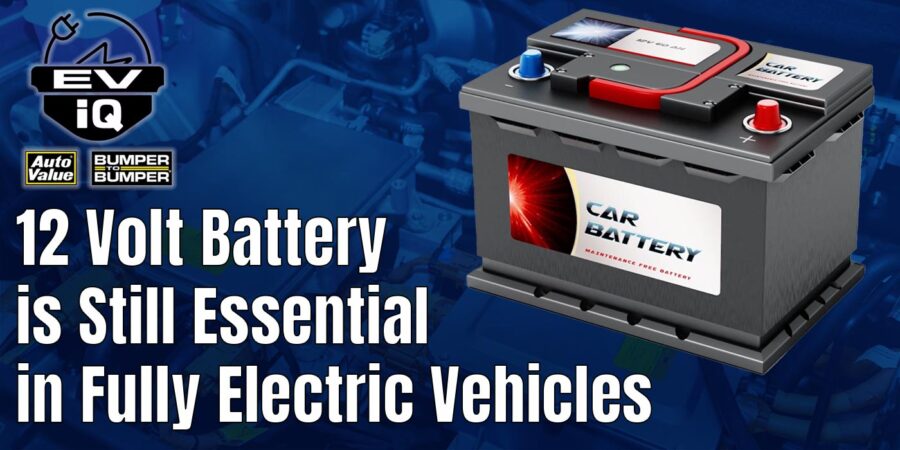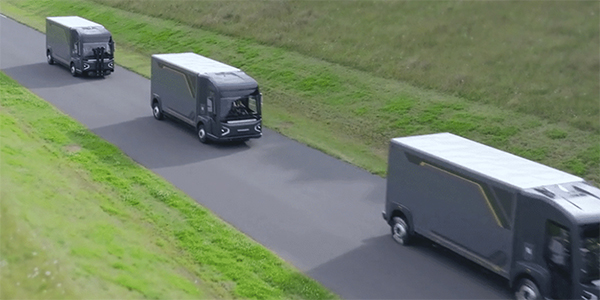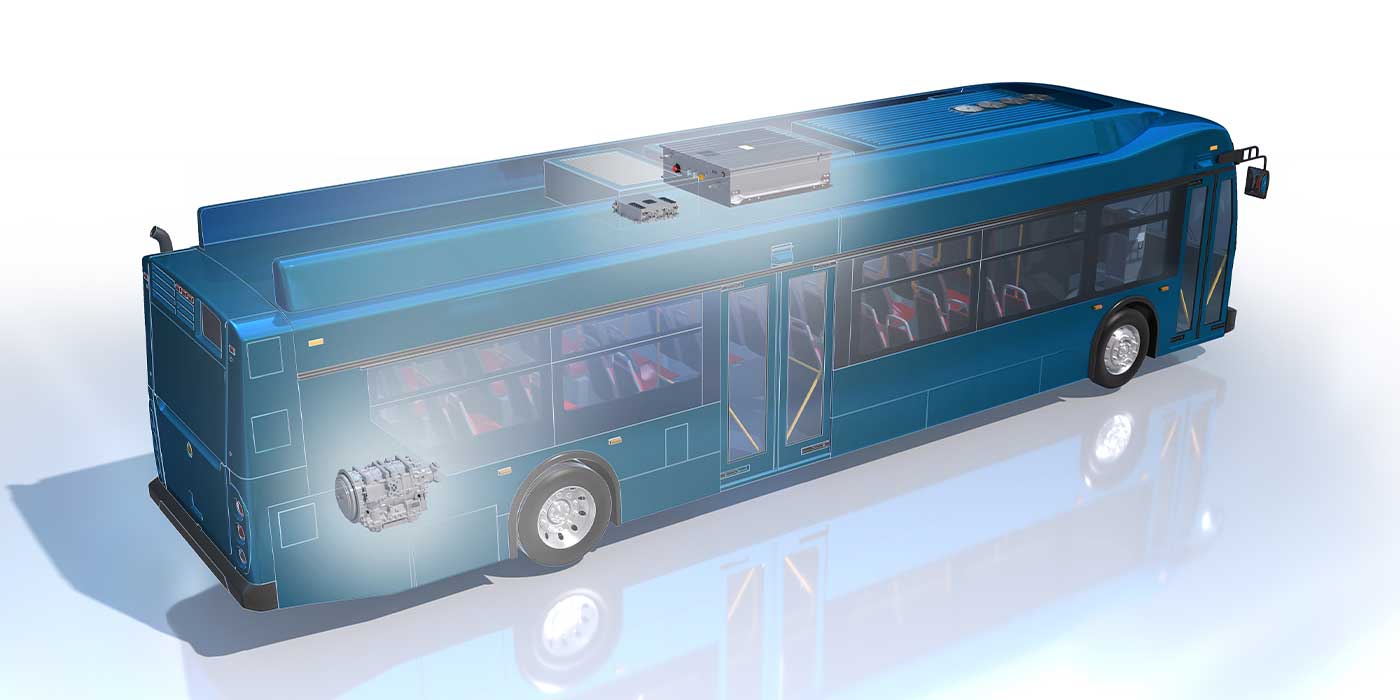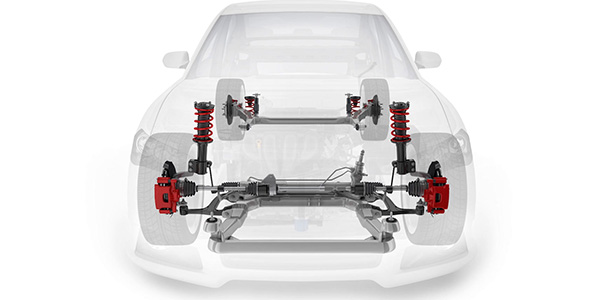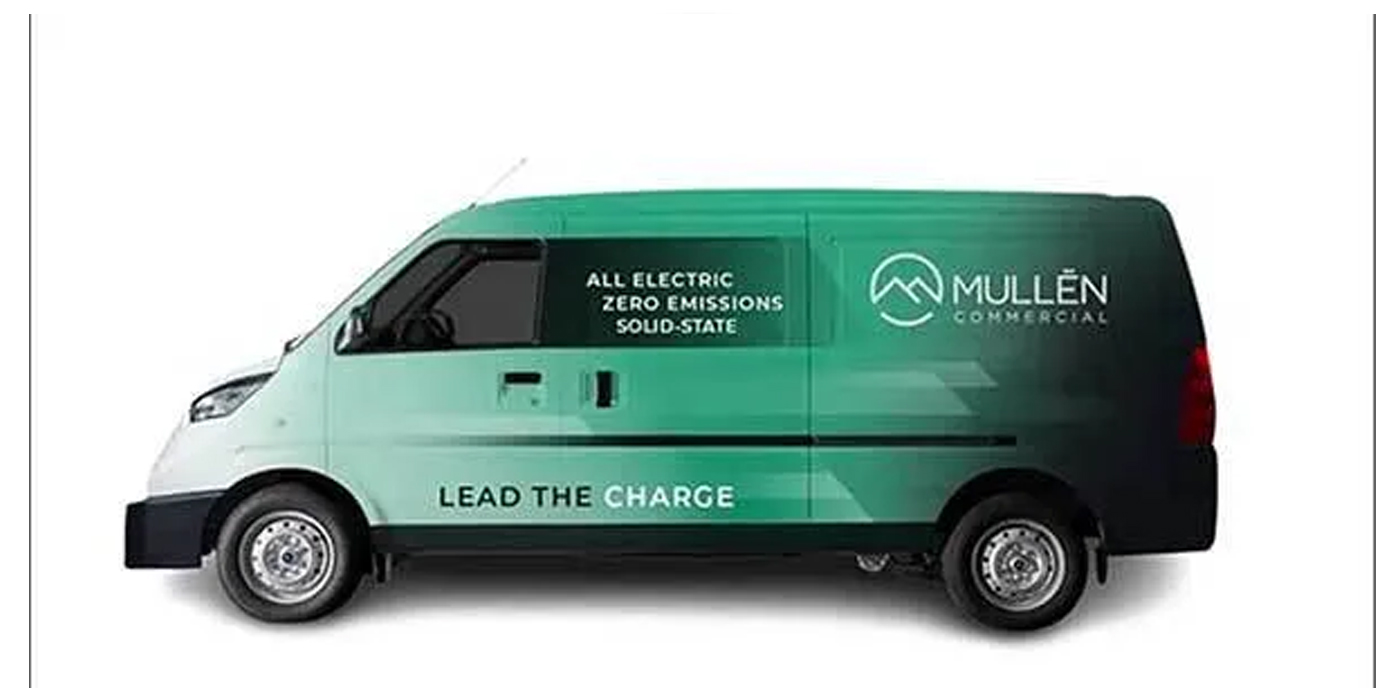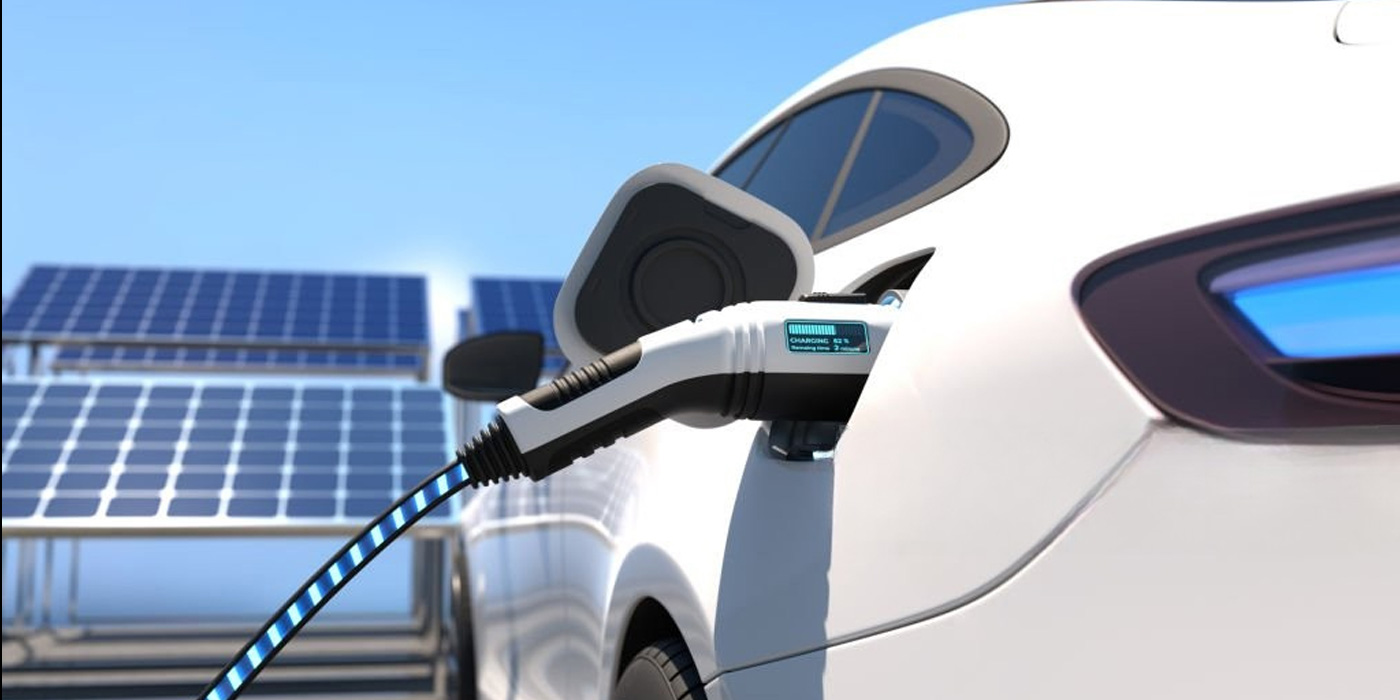Scania announced production will now begin in Södertälje, Sweden, for trucks with R and S cabs with 400 or 450 kW of engine power, sufficient for a broad variety of truck applications.
With updated urban battery electric vehicles, including new green battery packs and e-adopted chassis, and services such as Scania Charging Access, Scania’s offer “has now reached a maturity level that makes it attractive and relevant for a broad spectrum of customers, regardless of their transport assignments,” the company said.
Scania first presented its next level of battery-electric zero-emission regional trucks in June 2022.
“Operating zero-emission trucks is no longer a privilege for the chosen few,” says Fredrik Allard, senior vice president and head of E-mobility at Scania. “Scania’s offer now covers a wide span of applications and customer demands, while offering services that are lowering the threshold for a transformation towards fossil-free transports for the many.”
Scania said its next level of regional battery electric trucks have impressive numbers: gross train weights can be up to 64 tons, the range is up to 390 kilometres, the charging capacity is up to 375 kW and the top power levels – 400 or 450 kW (circa 610 hp) – are considerably higher than those sported by the majority of the conventional trucks out on the roads.
“Apart from true long-haul operations, few buyers today cannot find what they need from a operational viewpoint,” says Allard. “Sure, there are still certain applications that are less prone to turn electric in the near future, but many buyers will be amazed when they realize what these trucks are capable of and their efficiency together with our digital services.”
Scania’s latest electric trucks are offered as both rigids and tractors. Both R- and S-series cabs are available. Ranges will, as always, vary with weight, operation, weather, driving style and so on, but a 27-tonne city tipper with six batteries can expect up to 350 km between each charging, the company said. One hour of charging will then add 270 km of range. And it does not take the highest available charge points with 350 kW for achieving reasonable charging times: a 130 kW charger will add 100 km of range in one hour for a truck that uses 1.3 kWh/km.
Batteries that make a difference
Scania said it is using cells from the Swedish manufacturer Northvolt, which have the capacity for powering trucks for 1.5 million kilometres. Their carbon footprint is approximately one-third of a comparative industry reference.
One of the main strengths of Scania’s batteries is their charging characteristics. They can be charged repeatedly up to 100% of the SOC-window without any impact on their lifespan, according to Scania. And, they have a straight charging curve, which means that they charge with the same speed when almost full as when they are close to empty. The straight charging curve gives predictable charging times and the long battery life secures a low total cost of ownership.

